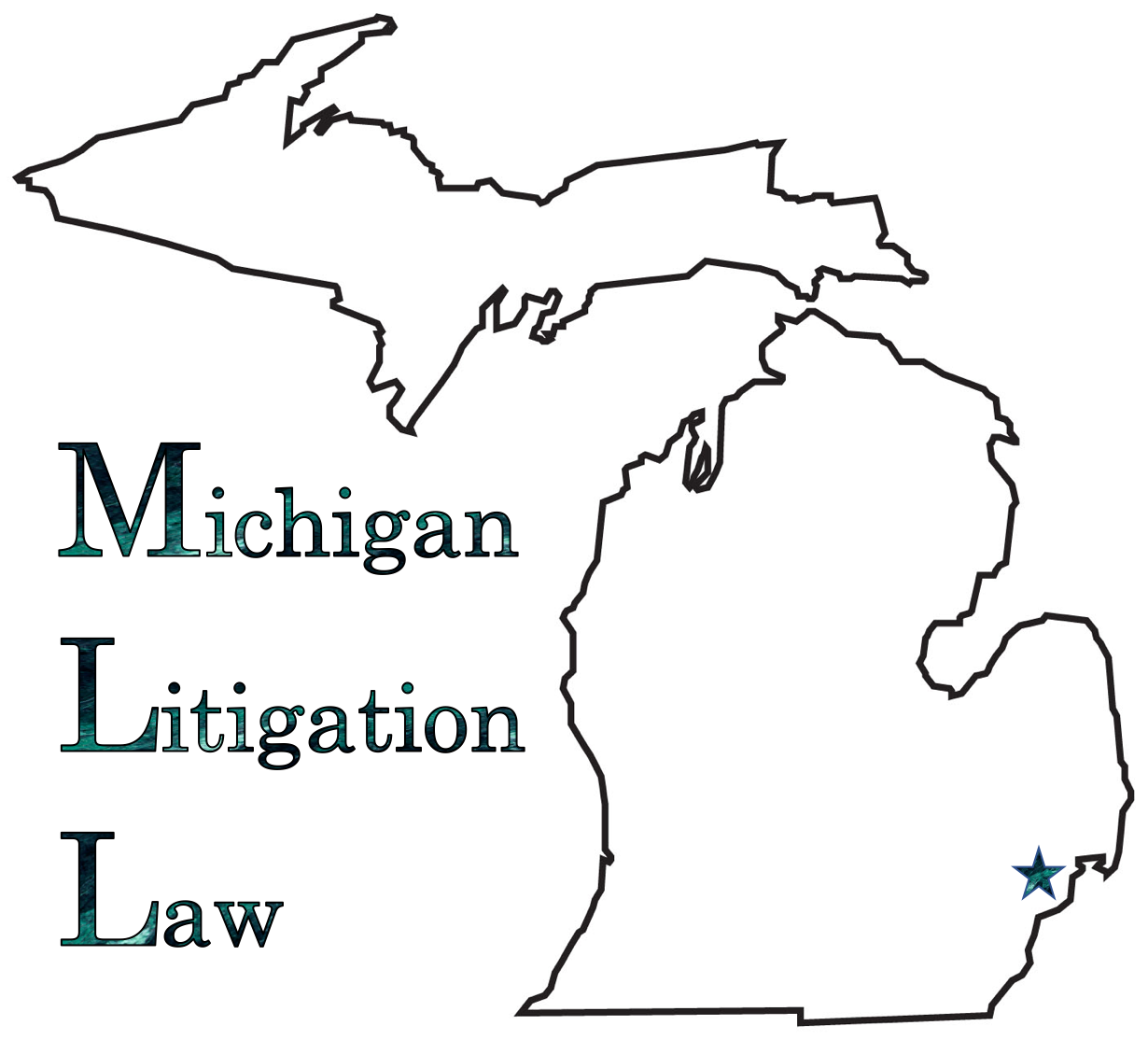Marijuana legalization – what it means for employers
Michigan voted to legalize marijuana Tuesday, but that doesn't mean workplace rules go up in smoke.
The passage of Proposal 1 legalizes recreational pot use, purchase and possession for individuals 21 years and older. That does not mean employers need to buy into making it OK for their employees.
Legalization has no impact on a worker's rights on the job. That is, employers still can administer the drug policy of their choice, including marijuana testing, and fire employees who fail. However, experts also say that legalization could have an extensive impact on workplace drug policies across the state, especially amid a serious worker shortage.
Let's break down some of the more common questions:
Now that recreational marijuana is legal, can I…?
Woah, slow down a minute. Recreational marijuana is not technically legal just yet. It will become legal 10 days after the election results are certified, which will likely occur within three weeks after the Nov. 6 election, according to the state. That means recreational marijuana will become legal in Michigan in December, with a date to be determined.
What does the new law allow?
The new state law allows individuals 21 years and older to purchase, possess and use leaf marijuana and marijuana-infused edibles and grow up to 12 marijuana plants for personal consumption. The bill imposes a 10-ounce limit for marijuana kept at households with a 2.5-ounce personal possession limit. More than 2.5 ounces kept at households it required to be secured in locked containers. As before, marijuana cannot be used in public, and driving under the influence of marijuana is still illegal.
Where will I be able to buy it?
Though it will be legal to possess, sales of recreational marijuana likely won't begin until 2020. A web of licensing regulations between the state and sellers must be ironed out before you're picking up pot from shelves like alcohol and cigarettes. Also, medical marijuana dispensaries will still be off-limits to those who do not have medical marijuana cards. Once recreational marijuana does hit the retail market, sales of the products will be subject to the state's 6 percent sales tax and an additional 10 percent excise tax.
Can I use marijuana at work once it becomes legal?
No – unless your boss is cool with that. First off, the bill does not change federal law – in the eyes of Uncle Sam, marijuana is still a schedule 1 drug. Legalization "does not require an employer to permit or accommodate marijuana in the workplace," according to Detroit-based Miller, Canfield, Paddock and Stone PLC. And, it does not stop an employer from disciplining an employee for violating a workplace drug policy.
Will marijuana legalization change workplace drug policies?
It might.
"The biggest issue we're dealing with is what employers want to do about it," said Sara Jodka, of counsel at Detroit-based Dickinson Wright PLLC.
With an influx of states legalizing marijuana, at least for medical use, employers are finding that hardnosed, boilerplate drug policies are less feasible, especially in industries such as hospitality and restaurant that are hurting for workers. Many are beginning to soften their policies.
"A lot of employers thought employees would be coming to work with the giggles and the munchies. That hasn't happened," Jodka said.
For work in manufacturing, heavy machinery, transportation and other "dangerous jobs," legalization complicates the employer's responsibility to maintain a safe work environment, said Benjamin Sobczak, partner at Dickinson Wright who specializes in cannabis litigation. The new law might force employers in some industries to stiffen work policies.
Soczak said another area of concern is the imprecise nature of marijuana tests, which creates a gray area for violating workplace drug policies.
"A breathalyzer shows you're drunk right then and there," Sobczak said. "If you smoke pot on Saturday and go to work Monday and are not stoned at all, you're still gonna ping a drug test for up to four weeks."
How an employer handles such a situation is still up to them, regardless of marijuana being legal.
The effects of legal recreational marijuana remain to be seen. Jodka said that many employers in states with legal pot have taken a wait-and-see approach.
"Most are stepping back and waiting to see how it plays out," she said.

